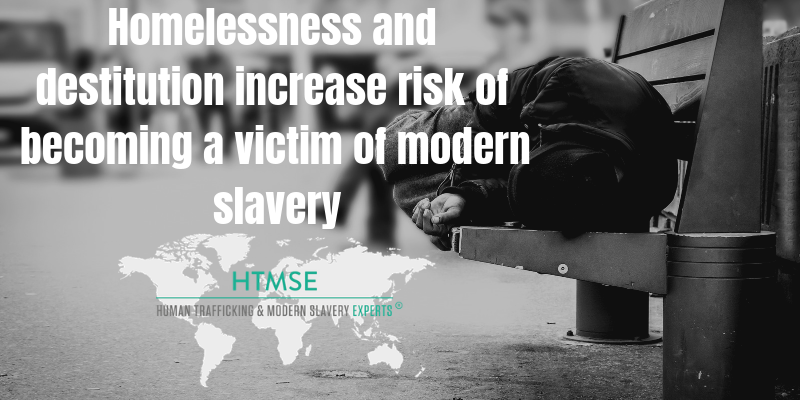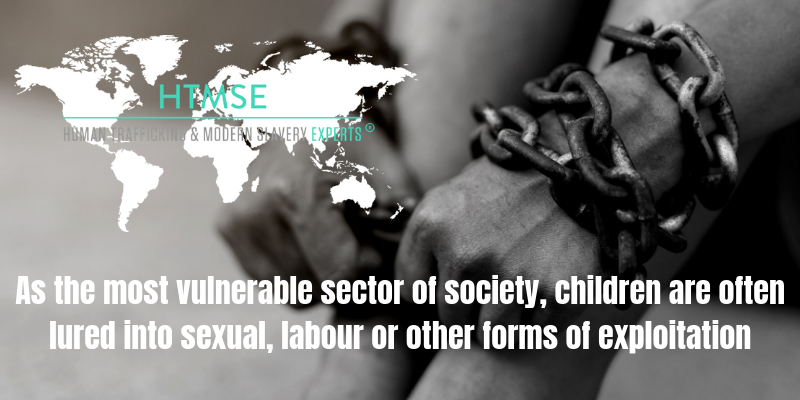
A

A

Europol plays a critical role in combating crime rings within Europe through international cooperation. It provides a centre for law enforcement expertise and international data exchange. Combating human trafficking is one of its five core security priorities, with an aim to disrupt organised crime groups involved in the trafficking of people in and out of the EU. Trafficking is often disguised by legal business structures that directly or indirectly facilitate exploitation. The report, Criminal Networks Involved in the Trafficking and Exploitation of Underage Victims in the European Union analyses data from Europol’s 2015 – 2017 findings in relation to child trafficking.
Although a wide demographic is affected by human trafficking, minors are the most extremely vulnerable sector of society. Children are often lured into sexual, labour or other forms of exploitation, and as a result suffer severe physical and psychological damage.
Unaccompanied minors that may be in the process of migration or orphans, are common trafficking victims that need protection from state and law enforcement actors. However one of the most concerning complexities within the regulation of child trafficking, is the role of families in facilitating the sale or exploitation of their own children. The ‘private’ nature of families forms a protective shield against reporting or disclosure of the child’s wellbeing.
In a similar respect, legal businesses such as brothels, red light districts, sex clubs, within some EU states facilitate the exploitation of minor victims. However recruitment processes are shifting, with the use of online advertisement of sexual services being used as a major platform for the exploitation of children, whereby they are ‘sold’ as adults. Cyber security is another core sector of focus for Europol that intercepts with the issue of child trafficking.
Document and identity fraud for fake identification of minors is a core component of child trafficking to conceal the minor’s real age. In tracing the international movement of victims and traffickers, Europol plays a key role working between EU states to intercept organised crime gangs working internationally.
It is clear that Europol’s role in EU state to state data sharing and law enforcement cooperation is critical. The consequences of Brexit must be considered in terms of regulating international security threats. The UK is the second largest contributor to Europol’s information systems, and currently leads the teams on human trafficking and modern slavery. Ceasing the UK’s involvement in Europol’s affairs may have downstream effects on the capacity to respond effectively to such issues.